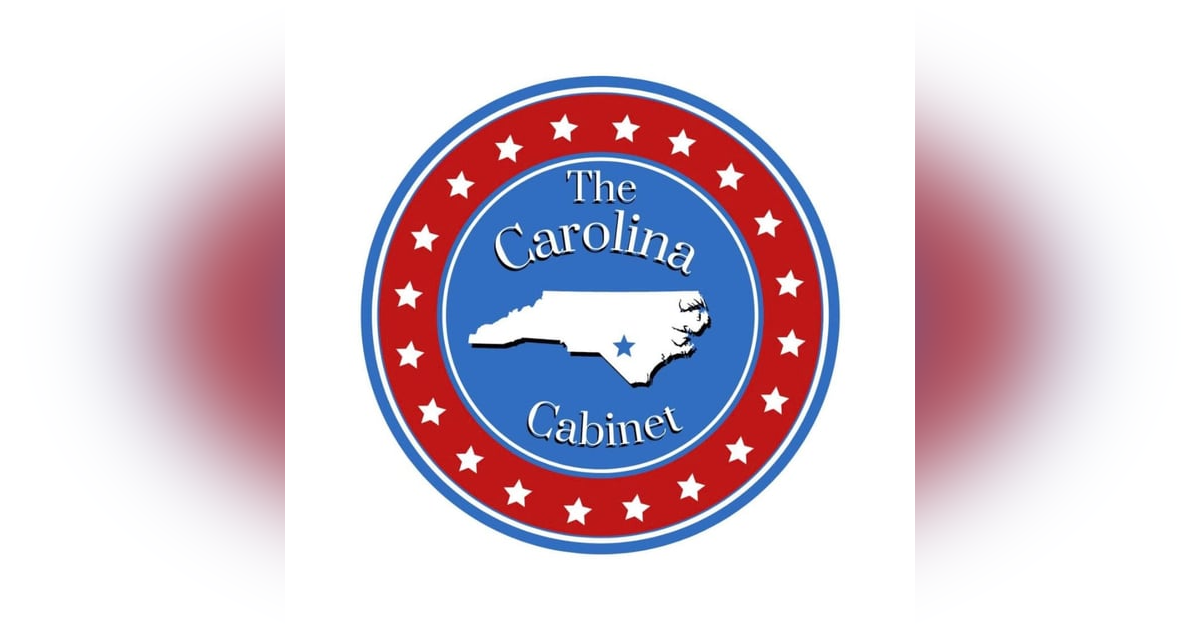Show #104 - Extra: Diving into School Vouchers and Classical Education with Garrett Saul

One of the most compelling arguments Garrett makes for classical education is its emphasis on learning how to learn. "In 10 years, there will be jobs that don't exist yet," he notes, illustrating the importance of adaptive learning. By fostering critical thinking, articulation, and internalization of knowledge, classical education prepares students to tackle future challenges, whether in college, the workforce, or beyond.
This adaptability extends to navigating future technological landscapes, such as the rise of artificial intelligence (AI). Garrett references the questions of humanity and ethics that students must grapple with, underscoring the relevance and effectiveness of classical education in an era of rapid technological advancement. The aim is to produce not just engineers and scientists but thinkers who can guide society through ethical quandaries posed by technology, instilling confidence in the audience about the effectiveness of classical education.




